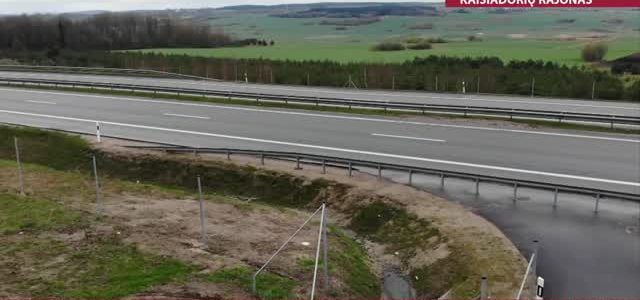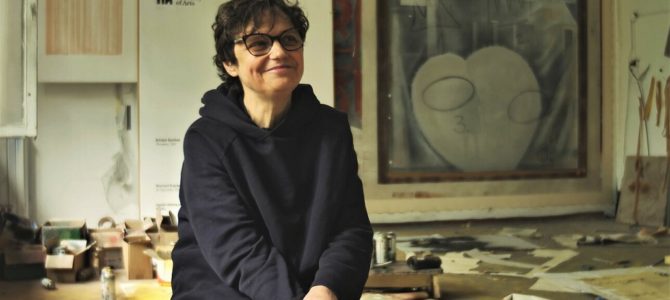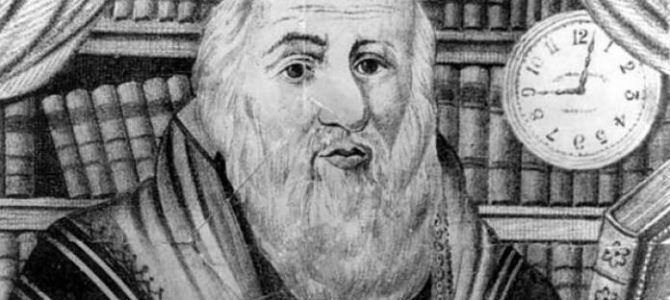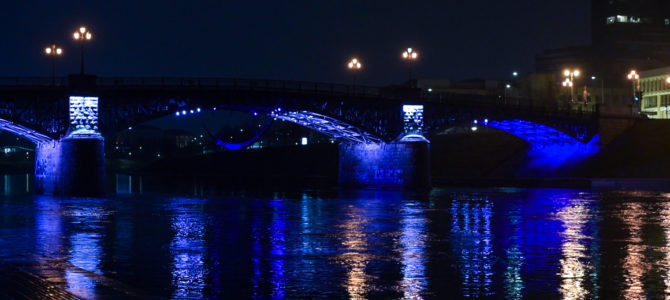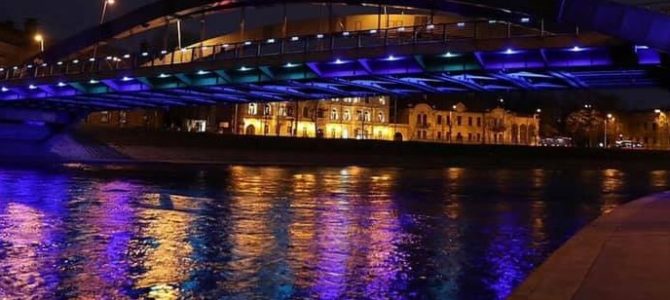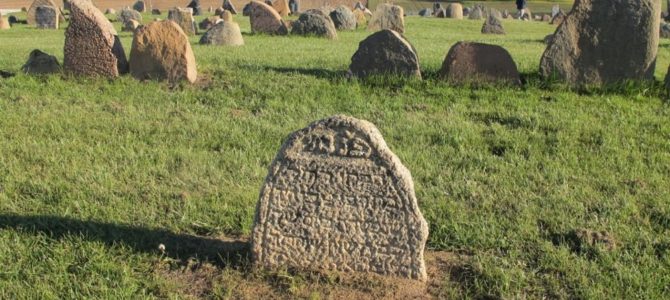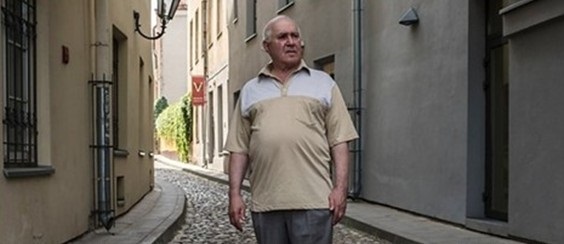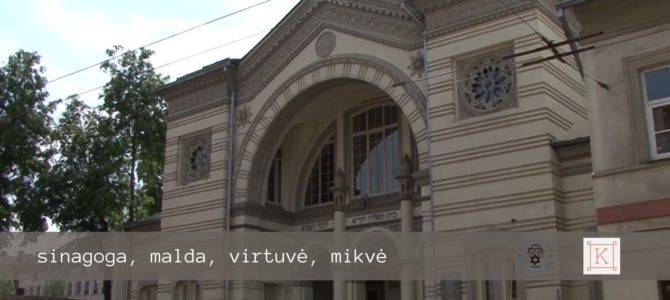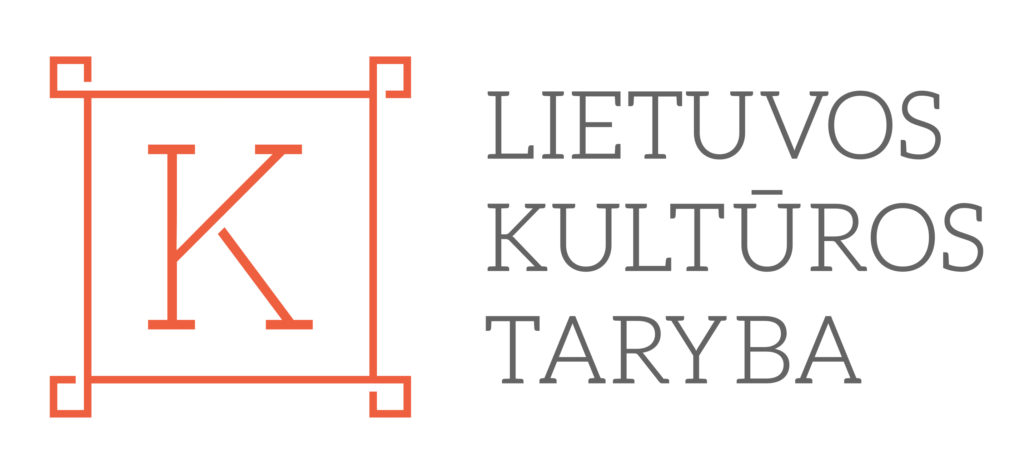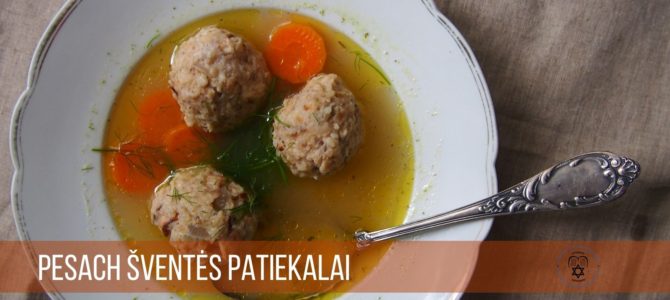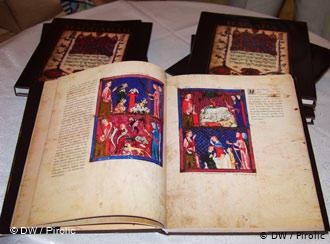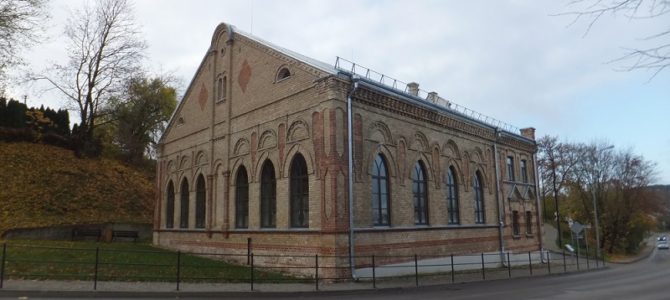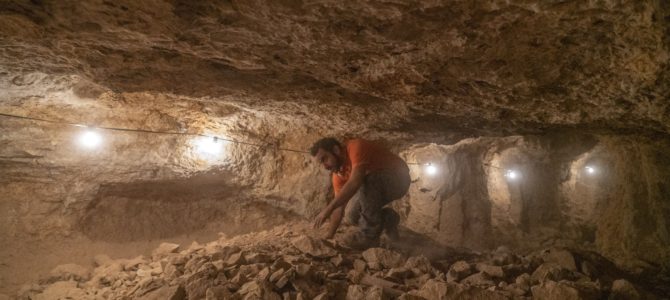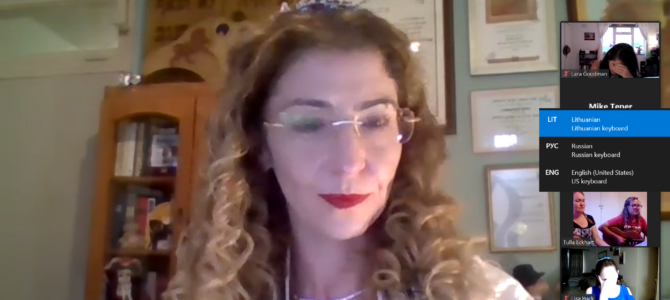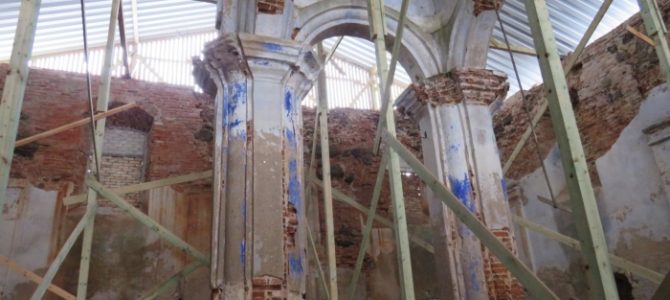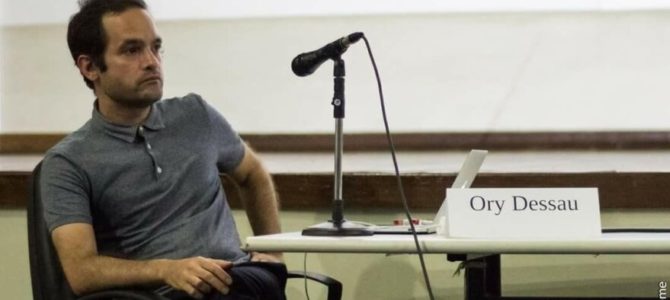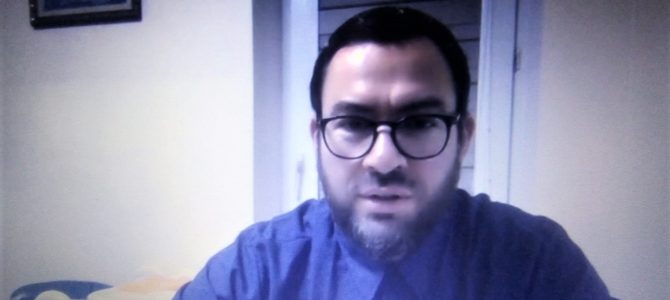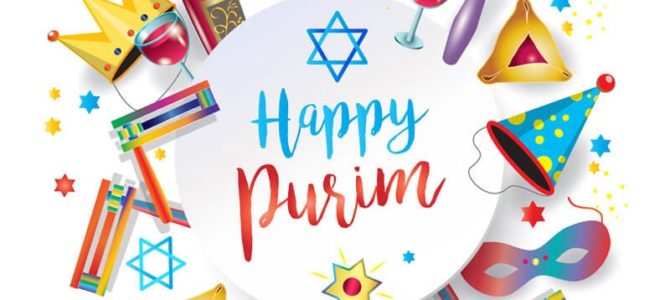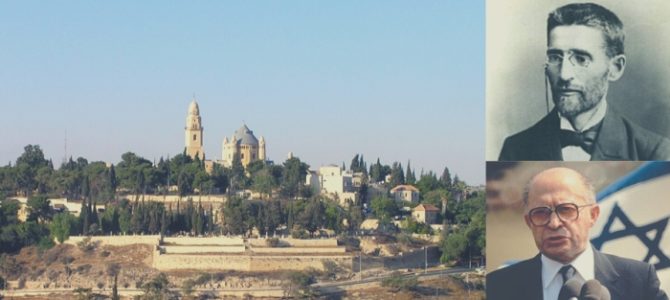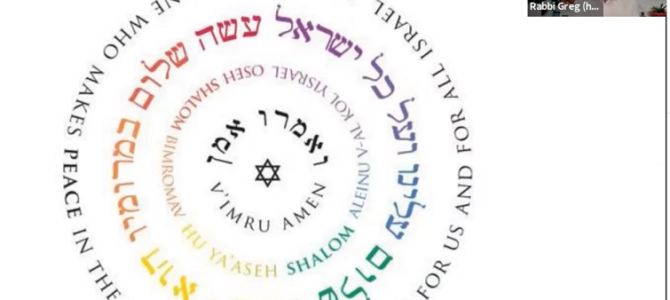That’s the question the news service of the LNK television channel in Lithuania faced Friday when they were investigating the case of a mysterious Holocaust site which vanished somewhere along the Kaunas-Vilnius highway during reconstruction.
The mass murder site in the Strošiunas forest, aka Vladikiškės forest, near Bačkionys village in the Kaišiadorys region is the mass grave of about 1,800 women and children from Žiežmariai, Žasliai, Kaišiadorys, Rumšiškės and the surrounding areas murdered on August 29, 1941, according to Lithuania’s Cultural Heritage Department. The Lithuanian Holocaust Atlas says the number was 784 people from the same locations, with other, larger mass murder and mass grave sites in the same immediate area.
The paved road to the Holocaust memorial was fenced across and the sign announcing it as a mass murder site was removed about six months ago during reconstruction of Lithuania’s busiest highway. This is the only access to the site in the Kaišadorys region near Žiežmariai. LNK said they received a complaint from the Lithuanian Jewish Community and looked into it. After receiving mixed comments from Lithuania’s Department of Vehicle Routes Directorate, the fencing blocking access was removed within two hours–just in time for the evening news broadcast–with the promise to replace the road sign marking the Jewish mass grave in the immediate future.


